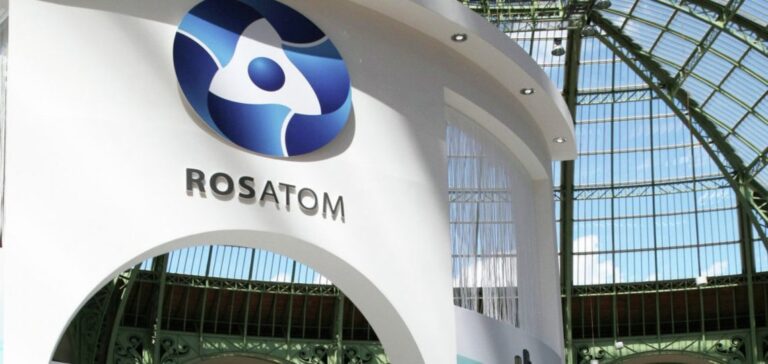Rosatom says the US is blocking Russia’s participation in a nuclear energy conference.
Conflicting relationships
Rosatom believes that the United States is blocking Russian participation by not issuing visas to enter the country. The Russian state nuclear company and Rostekhnadzor were planning to participate in the IAEA ministerial conference. The conference will be held in Washington, D.C. from October 26-28.
However, Rosatom indicates that its director general, Alexei Likhachev, would participate by video link. The Russian state-owned nuclear company clarifies:
“The U.S. side has effectively blocked Russia’s participation in this international IAEA conference, which it had pledged to hold in the United States. We consider this a lack of respect by the United States towards the IAEA.”
Relations between Washington and Moscow are at their lowest level since the Cold War.
Russian-Ukrainian conflict
Rosatom, was created by President Vladimir Putin in 2007. The company controls Russia’s uranium and nuclear fuel production. The group also manages power plants and a range of nuclear-based businesses.
Thus, the company plays an important role in the globalnuclear industry. Moscow’s invasion of Ukraine in February with its armed forces is of course the main cause. However, unlike many Russian state-owned companies, Rosatom is not subject to Western sanctions.






















